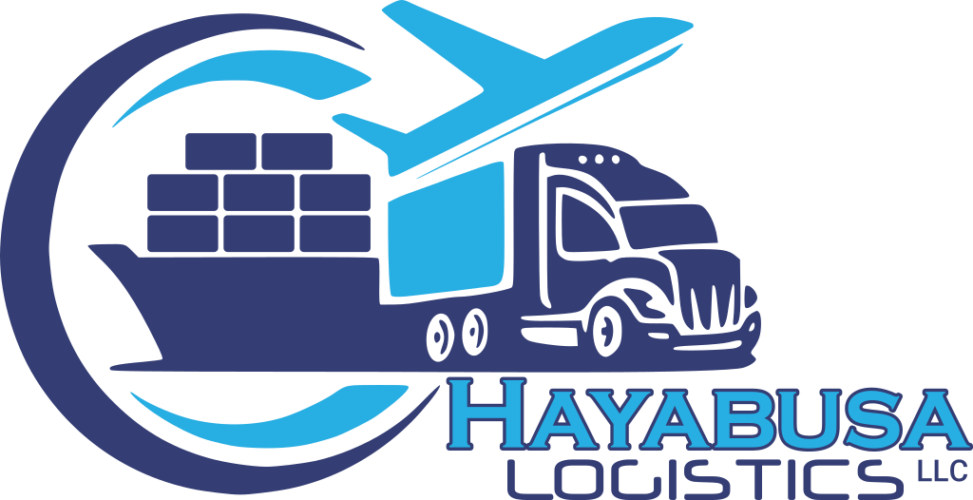Whether you’re importing raw materials for manufacturing or finished goods for retail, understanding the custom clearance procedure in UAE is essential for avoiding delays, minimizing costs, and ensuring compliance with local regulations. In this comprehensive guide, we’ll explore the customs clearance process in the UAE, including essential tips to streamline the process and enhance your business operations.
Understanding the Basics of UAE Customs
The UAE is known for its strategic location and robust trade infrastructure, making it a gateway between Europe, Asia, and Africa. To facilitate international trade, the UAE has established clear customs procedures that importers must follow. The customs process involves inspecting, verifying, and clearing goods brought into the country to ensure compliance with UAE laws and regulations.
Customs procedures in the UAE are regulated by the Federal Customs Authority (FCA), working alongside regional customs departments in various emirates like Dubai, Abu Dhabi, and Sharjah. These authorities are responsible for overseeing the clearance of goods, collecting duties, and ensuring that no illegal or harmful products enter the country.
Key Authorities Involved in Customs Clearance
- Federal Customs Authority (FCA)
- Dubai Customs
- Abu Dhabi Customs
- Sharjah Customs
Each emirate has its own customs department that enforces the laws but follows the national standards set by the FCA.
The Customs Clearance Procedure in UAE
The custom clearance procedure in UAE can be broken down into a series of steps, each requiring specific documentation and compliance measures. The following is a step-by-step guide to the process:
1. Importer Registration
Before you begin importing goods, the first step is to register your company with UAE customs. You must have a valid trade license issued by the relevant emirate, such as Dubai or Abu Dhabi, and then you can apply for a customs importer code. This registration is essential for initiating any import activities.
Documents Needed for Registration:
- Trade License
- Chamber of Commerce Membership Certificate
- VAT Registration Certificate
2. Obtaining a Customs Clearance Certificate
A customs clearance certificate is a mandatory document required to clear goods through customs. This certificate ensures that your goods comply with the UAE’s import regulations and that all duties and taxes have been paid. This document is particularly important when importing restricted goods such as pharmaceuticals, electronics, or food products.
3. Understanding Tariff Classifications and Duties
The UAE uses the Harmonized System (HS) to classify imported goods for taxation purposes. Each item has a corresponding HS code that determines its tariff rate. Tariff rates in the UAE generally range between 0% and 5%, though certain luxury goods, such as tobacco or alcohol, may incur higher duties.
Important Considerations:
- Ensure that your goods are classified under the correct HS code to avoid penalties.
- Calculate the total duties and taxes owed before shipping to ensure smooth processing.
4. Submission of Import Documentation
Once your goods arrive in the UAE, you will need to submit a set of documents to customs. These documents provide essential details about the nature of the goods and their value, and help customs officials verify that everything is in order.
Key Documents for Import:
- Commercial Invoice: Outlines the value of the goods, the seller, and the buyer.
- Bill of Lading or Airway Bill: Acts as proof of shipment and delivery details.
- Packing List: Provides details of the goods, including weight, volume, and number of units.
- Certificate of Origin: Specifies the country of origin of the imported goods.
- Import Permit (if applicable): Necessary for restricted or controlled goods like medicines or food items.
Failure to provide the correct documents can result in delays, penalties, or even confiscation of your goods.
To Know More: Choosing the Right Road Cargo Transportation in Dubai | A Flexible Solutions Business Needs
5. Physical Inspection of Goods
In many cases, customs officers will conduct a physical inspection of your goods. This inspection ensures that the actual contents of the shipment match the documentation provided. It also allows customs authorities to verify that the goods comply with safety and legal standards.
To avoid delays during this stage, make sure that:
- Your goods are properly labeled.
- All items are packed securely and match the packing list.
- Any specific regulations for restricted items are followed.
6. Payment of Duties and Taxes
Once your goods are inspected and verified, customs will calculate the applicable duties and taxes. These must be paid before your goods can be released. Payment can typically be made through the UAE customs portal or in person at customs offices.
Common Forms of Payment:
- Credit/Debit Card
- Bank Transfer
- Cash Payment
7. Release of Goods
After completing all the above steps, including payment of duties and submission of documents, your goods will be cleared, and you can arrange for them to be transported to their final destination. This is the final step in the custom clearance procedure in UAE, and at this stage, your goods are ready for distribution or further use.
Partnering with a Reliable Customs Clearance Company in Dubai
One of the most effective ways to simplify the customs clearance process is to partner with a clearance company in Dubai. These companies specialize in handling all aspects of customs clearance on behalf of importers, from documentation to duty payments and logistics coordination.
Benefits of Hiring a Customs Clearance Company:
- Expert Knowledge: These companies are familiar with the latest customs regulations and can help avoid mistakes that may lead to penalties or delays.
- Faster Clearance: With a dedicated team handling your clearance, you can expect a more streamlined process and quicker release of goods.
- Cost Efficiency: While there are fees associated with hiring a clearance company, the cost is often outweighed by the reduction in potential fines or storage fees due to delays.
Leading Customs Clearance Companies in Dubai:
- Al Fares Cargo
- Global Shipping & Logistics
- Freightworks
These companies have established a solid reputation for facilitating hassle-free customs clearance in the UAE.
Essential Tips for Importers in the UAE
To further streamline your import activities and avoid any complications during customs clearance, here are some essential tips:
1. Stay Updated with Customs Regulations
The UAE customs regulations are subject to change, particularly in response to new trade agreements or regional developments. Make sure you stay informed about any changes that could affect your business. Subscribe to updates from the Federal Customs Authority (FCA) and local customs departments.
2. Classify Your Goods Correctly
Misclassification of goods can lead to incorrect duty payments, fines, and potential confiscation of items. Always ensure that the HS codes applied to your goods are accurate. Working with a clearance company in Dubai can help ensure that your goods are classified correctly.
3. Prepare Documents in Advance
Having all required documents ready before your shipment arrives in the UAE is crucial. Incomplete documentation can cause significant delays, resulting in additional storage fees or penalties. Ensure that all necessary permits, certificates, and invoices are prepared and double-checked.
4. Know the Restrictions on Goods
Certain goods are restricted or banned from being imported into the UAE. Familiarize yourself with the list of restricted items, such as chemicals, pharmaceuticals, and certain electronics. Importers must obtain special permits for these items, and failure to do so can lead to legal consequences.
5. Plan for Duties and Taxes
The total duties and taxes for imported goods can significantly impact the cost of doing business in the UAE. By calculating these costs in advance, you can factor them into your pricing strategy and avoid unexpected financial burdens.
6. Use Technology to Streamline the Process
The UAE offers an online customs clearance system called Dubai Trade, which allows importers to submit documents, pay duties, and track shipments online. By utilizing this platform, you can simplify many aspects of the customs clearance process and minimize delays.
7. Consider Hiring a Customs Broker
For businesses that handle large volumes of imports, hiring a customs broker can be a worthwhile investment. Customs brokers are licensed professionals who specialize in navigating complex customs procedures, ensuring that your goods are cleared in compliance with UAE regulations.
8. Leverage Free Zones for Duty-Free Imports
The UAE has several free zones that offer duty-free import benefits for certain types of businesses. If your company operates within one of these free zones, you can enjoy exemptions from customs duties on specific imports, significantly reducing costs.
To Know More: Optimizing Business Shipping and Logistics with Land Bridge Transportation in Dubai – 2024
Conclusion
Mastering the custom clearance procedure in UAE is critical for any business looking to import goods efficiently. From ensuring correct documentation to understanding duty calculations, each step in the process can significantly impact the success of your operations. Partnering with the best clearance company in Dubai such as Hayabusa Logistics can further streamline your experience, making the process faster and less stressful. By staying informed, preparing documents in advance, and leveraging available resources, importers can navigate UAE customs with ease, ensuring that goods are delivered on time and within budget.

